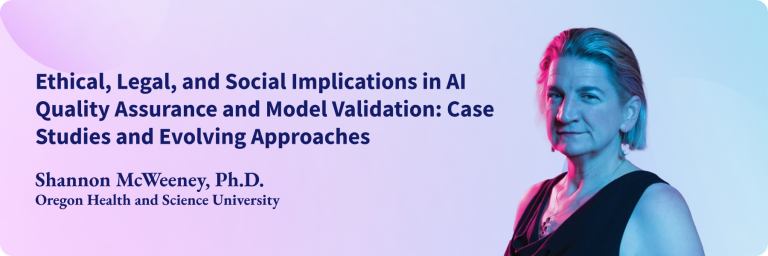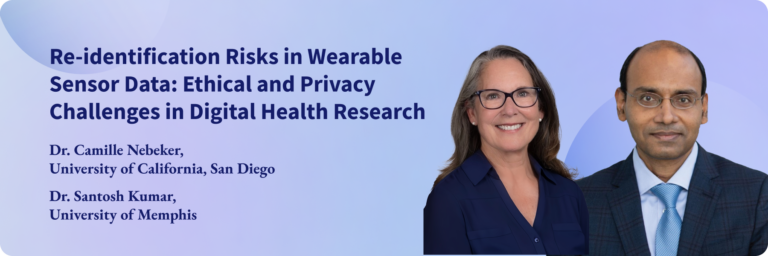Jennifer K. Wagner – Data Management in the Extremes

Jennifer K. Wagner, JD, PhD Jennifer K. Wagner, JD, PhD August 19, 2025 Jennifer K. Wagner, JD, PhD | August 19, 2025 August 2025 Every month, the Bridge Center will invite a speaker to participate in a monthly speaker series…







